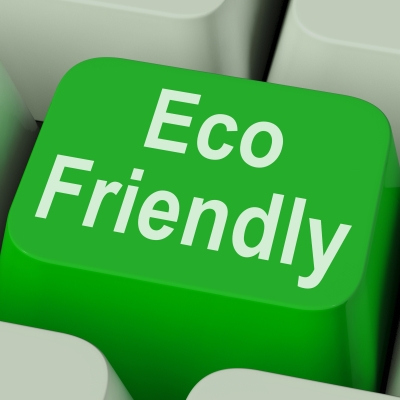Except for the most eco-conscious among us, the rest of us could probably make a few changes when it comes to conserving energy in our home. It is not because we are all wasteful dummies; we simply do things out of habit, and don’t consciously think about whether there may be a better way. Conserving energy in the home is actually not that complicated, and all the little changes, when combined, can add up to big savings.
Good for the planet and good for your bank account. Here are just a few strategies to get you started.
Get an Efficient Showerhead
Showering accounts for a big chunk of water use, and if you have an inefficient showerhead, you are wasting an astronomical amount of water. There is a little test you can take to determine whether yours makes the grade. Place a bucket underneath the showerhead, turn on the cold water and keep time for how long it takes to fill up one gallon’s worth of water.
If it is takes less than 24 seconds, your showerhead would not be considered ‘’efficient.’’ The ideal showerhead should not fill more than 2.5 gallons a minute.
Temperature Adjustments
If your water heater is set to more than 120 degrees, you are unnecessarily wasting energy. Unless you have some sort of special skin that can withstand extremely hot water, you would never be heating the water to a degree where that high of a setting would be necessary. When it comes to your thermostat, even just changing it a few degrees can make a big difference.
When it comes to cooling, set it around to 78 degrees, and keep the fan switched to auto. When you leave the house, set it to around 82 or turn it off altogether. During the winter months, keep it set around 68 degrees during the day, and bring it down to at least 65 when you’re gone or turning in for the night. If you think you will have trouble remembering to switch it back and forth, a programmable thermostat can take care of that problem for you very easily. Just set it and forget it.
Perform Regular Maintenance on Heating and Cooling Systems
If your heating and cooling systems are not receiving the regular maintenance they require, you are wasting a lot of money. When they are not in tip-top shape, they can’t perform as efficiently; they must work harder to heat and cool the home. The harder they are working, the more energy they are using up, and the higher your utility bills will be.
For example, it is important to regularly clean or change the air filters on your furnace or air conditioning unit. Pony up some money for a professional inspection, and see what suggestions they make for proper upkeep.
Washing and Drying
Washing and drying your clothes is another major energy suck, but a few small adjustments can significantly cut energy use. Make sure to always adjust the load size for the washing machine, particularly if you are using hot water. Consider using warm or cold instead for even more savings—there are many detergents now that are specifically designed to be used in cooler water temperatures, which means your clothes will be cleaned just as well as in scalding water.
Don’t let lint build up in your dryer filter, or it will take longer to dry your clothes. Enable the auto-sensor function so your dryer won’t continue operating even if the clothes are already bone dry.
So, there you have it. Just a few simple tips to get you started on your efforts at being greener and saving money. Remember that lots of little changes can add up to big results.
Kelli Cooper enjoys blogging about all things green living.
